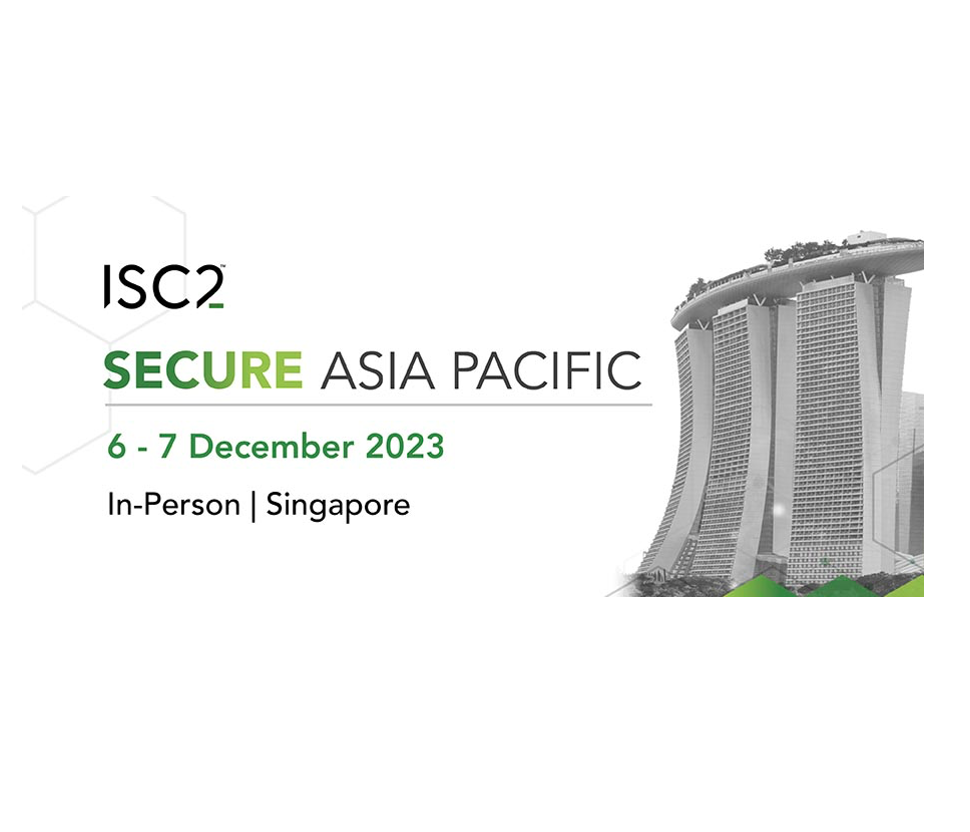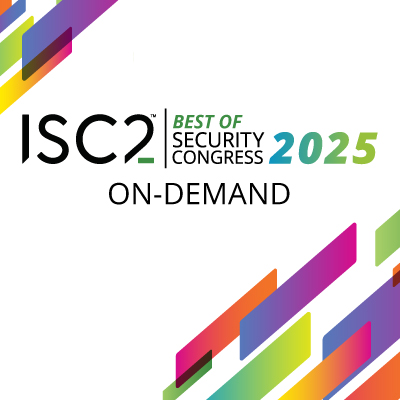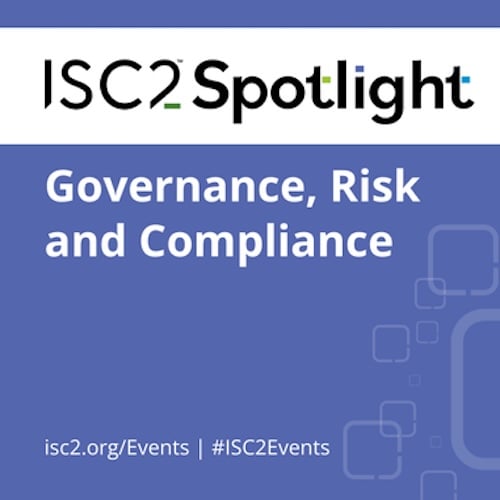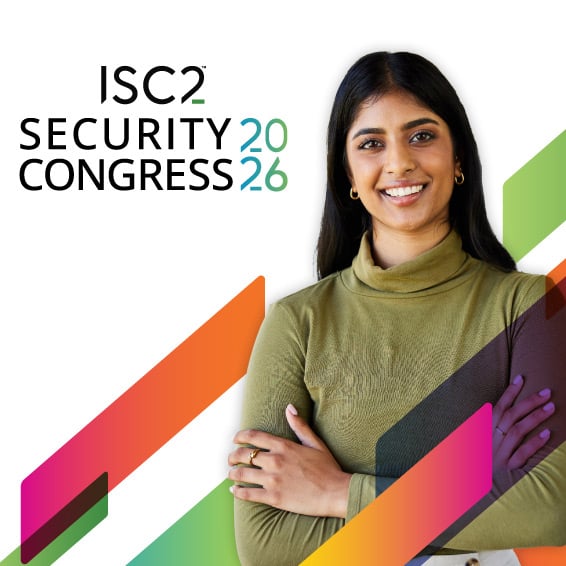Tomorrow’s two-day conference provides members and attendees with a deep dive into some of the key cybersecurity concerns across the Asia Pacific region.
The ISC2 SECURE Asia Pacific conference on December 6-7 at Singapore’s Marina Bay Sands Convention Centre is happening at a critical moment in this geography’s cybersecurity development.
According to the 2023 ISC2 Workforce Study, the Asia Pacific workforce grew by 11.8% to 960,231, a record high, with Japan showing the highest growth rate of any country measured in the Study at 23.8%. Despite this demand, the region’s workforce gap rose 23.4% to 2.67 million, making APAC the largest contributor to the nearly 4 million global workforce gap while also underlining the huge opportunity and need for workforce and skills growth.
The two-day ISC2 SECURE Asia Pacific event provides the perfect opportunity for ISC2 members and cybersecurity professionals from across the countries of the region to tap into the latest thinking of industry experts as well as network with their peers. ISC2 members can also earn up to 11 CPE credits across the two days of the event.
Topics aired at ISC2 SECURE Asia Pacific will explore prominent themes, including:
- The growing role of AI in cyber-defense
- Addressing the workforce and skills gap in APAC
- Why cybersecurity should pay attention to disinformation and ‘cognitive hacking’
- The realities of achieving cybersecurity resilience
- Managing cyber-risk using frameworks such as NIST
- The evolution of cloud access controls
Keynotes
The day one keynote will be a presentation by Francesca Bosco,Chief Strategy and Partnerships Officer for the CyberPeace Institute, who will explore how cybersecurity is evolving from being a technical issue to one of public good and social resilience. For that reason, closing the workforce gap across Asia Pacific will be critical to future economic stability, especially in the public sector. Bosco will share insights on why diversity will also be important, not only to expand the available talent pool but to allow cybersecurity to reflect the community it must protect.
In the day two keynote, Ivo Peixinho, Head of Cybercrime Intelligence Unit at INTERPOL, will give an address on the topic of cybercrime and the role of computer forensics in combating it.
Day One Sessions
After the keynote, attendees will have a choice of sessions, the first of which is a presentation by Steven Coomber, Senior Manager Cyber of Synergy Groupon how attackers are looking to exploit psychological weaknesses in nation states and organizations. The spearhead for this are disinformation campaigns and social media manipulation, which are proving to be an effective way to sow social discontent. Often ignored or unseen, will new regulations and intervention by big tech be enough to address this tactic?
Ilia Tivin,CISSP-ISSMP, Managing Director of Locked Jar will look at how traditional Role-Based Access Control (RBAC) is giving way to Attribute-Based Access Control (ABAC) in cloud native infrastructure, and the advantages of the latter over the former in terms of security described in real-world examples.
After lunch, a CISO panel session entitled Emerging Technologies and Their Effect on The Security Landscape will be an opportunity for a range of experts to assess the impact of emerging technologies such as AI, the ability of regulation and frameworks to keep up with this development, and whether automation can help bridge the skills and workforce gap. Featured speakers are Daryl Pereira, APAC CISO, Google; Thomas Kok, Group Head of Information Security & Digital Risk Management (ISDRM) for OCBC Bank; Pei Yuen Wong, Group CISO and Vice President, Group Cyber Resilience, Singtel; and Shao Fei Huang, CISSP-ISSMP, Group CISO, SMRT Corporation.
Day Two Sessions
Arjun Narayanan, Product Security Architect for Keysight Technologies, and SiowTien Lee, Technology Risk Governance Practitioner, will lead a panel discussion on the topic of young professionals entering cybersecurity. They will outline what encouraged them to enter the field, what goals they think the young might have as they develop, and how easy it is to attract the talent needed to bridge the APAC cybersecurity workforce gap.
Edward Farrell, CISSP, SSCP, Director & Principal Consultant, Mercury Information Security Services and ISC2 Board Memberwill offer insights gained during 15 years of involvement in penetration testing and red teaming on how organizations should model the behavior of threat actors through real-world scenarios. This will include looking at the evolution of threat modeling, his experiences in the field, and how to assess what can and can’t be delivered by this modus operandi.
- The full agenda and event information for ISC2 SECURE Asia Pacific can be found here.
- Register your interest in ISC2 Security Congress 2024 in Las Vegas here.



